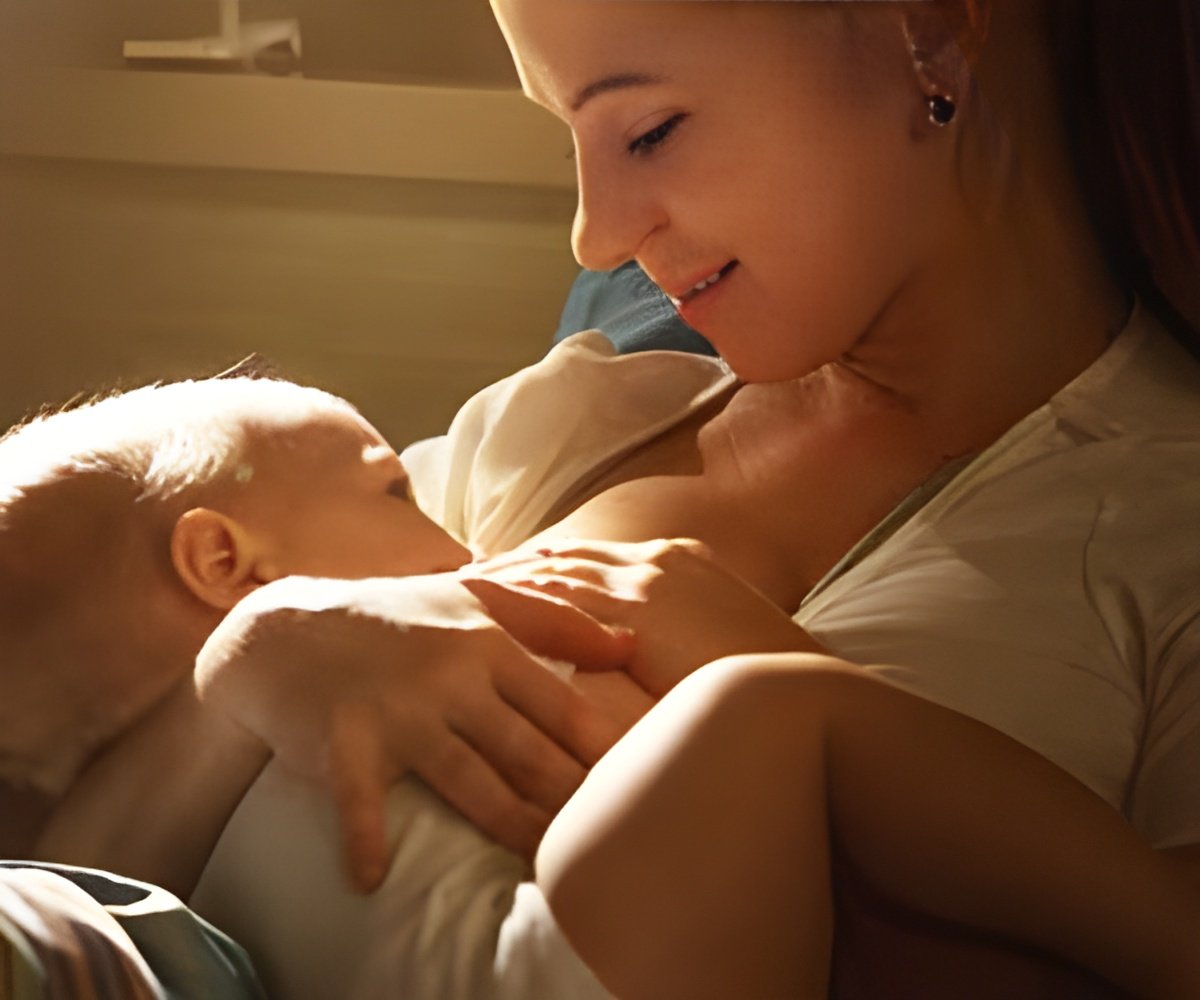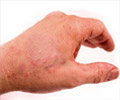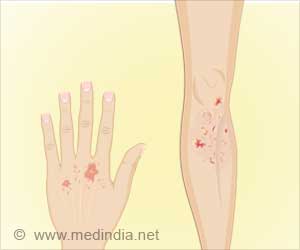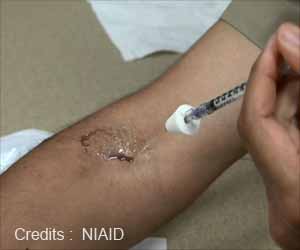Kids who are exclusively breastfed for the first three months are less likely to develop the chronic skin condition known as eczema.

‘Kids who were exclusively breastfed for three months or longer are less likely to develop eczema later in life.’
Read More..




"The evidence that being exclusively breastfed protects children from developing eczema later in life remains mixed," says Katherine M. Balas, BS, BA, a clinical research assistant at Children's National and the study's lead author. "Our research team is trying to help fill that data gap."Read More..
Balas and colleagues tapped data collected in Infant Feeding Practices Study II, a longitudinal study co-led by the CDC and the Food and Drug Administration (FDA) from 2005 to 2007, as well as the agencies' 2012 follow-up examination of that study cohort. This study first tracked the diets of about 2,000 pregnant women from their third trimester and examined feeding practices through their babies' first year of life. Their follow-up inquiry looked at the health, development and dietary patterns for 1,520 of these children at six years of age.
About 300 of the children had been diagnosed with eczema at some point in their lives, and 58.5 percent of the 6-year-olds had eczema at the time of the CDC/FDA Year Six Follow-Up. Children with higher socioeconomic status or a family history of food allergies had higher odds of being diagnosed with eczema.
"Children who were exclusively breastfed for three months or longer were significantly less likely (adjusted odds ratio: 0.477) to have continued eczema at age 6, compared with peers who were never breastfed or who were breastfed for less than three months," Balas adds.
"While exclusive breastfeeding may not prevent kids from getting eczema, it may protect them from experiencing extended flare-ups."
Advertisement















